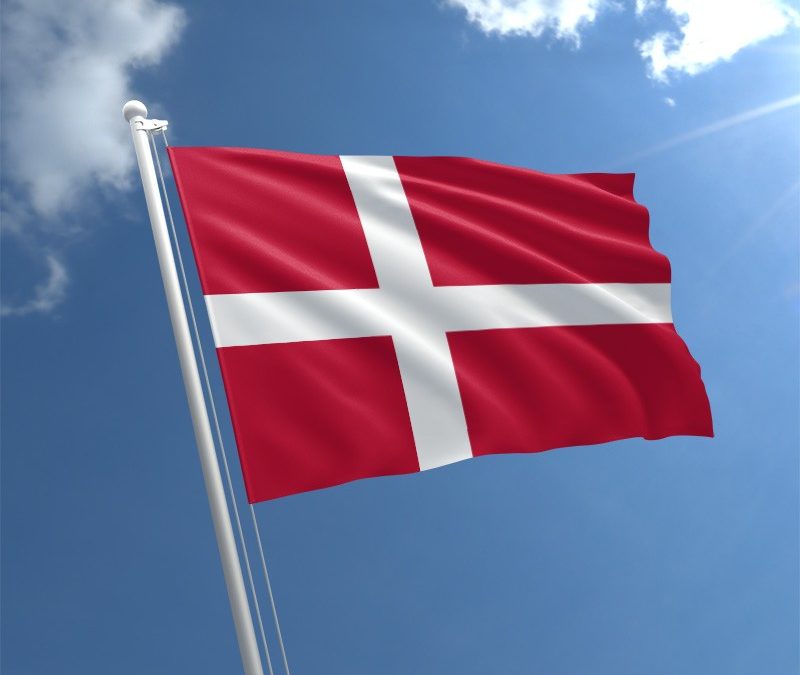Medical device regulations tend to vary substantially from region to region as virtually every country has its own set of rules that manufacturers must comply with in order to bring a device to market. These regulations are generally quite complex, but such complexity is necessary to ensure safety and effectiveness of devices intended for human use. This article provides a general overview of the current medical device regulations in Denmark.
The Danish Medicines Agency, or Lægemiddelstyrelsen (Danish), is a government body under the Danish Ministry of Health and Prevention that is responsible for regulating medical devices and pharmaceuticals.
In Denmark, just like in all other European Union member states, medical devices are categorized into four classes according to their risk: Class I, Class IIa, Class IIb, and Class III. Class I medical devices are associated with the lowest risk, while Class III devices are associated with the highest risk.
Product Registration
All medical devices marketed in Denmark, or any other European Union country, must be CE marked. A CE mark is a sign of compliance with EU medical device regulations and allows the device to be freely distributed within all EU member states. For a medical device belonging to Classes IIa, IIb, or III, it is required that a Notified Body assess the safety and performance of the device prior to granting a CE marking.
The length of the registration process can vary and mostly depends on the class of the device. For example, for Class I devices, the process is usually relatively quick and takes, on average, from 4 to 6 weeks. All medical device registrations in Denmark and the EU are valid for five years. If manufacturers plan to continue to market their device in either Denmark or the EU, they have to submit a renewal application. Foreign manufacturers (those that are not based in the EU) are required to appoint an Authorized Representative to handle their registration application.
The Danish Medicines Agency charges two annual fees and one registration fee. The registration fee is equal to either 1,159 DKK ($176 USD) for manufacturers or 1,147 DKK ($175 USD) for importers and distributors. The two annual fees vary depending on the class of the device and number of manufacturer representatives registered in the Danish Central Business Register on January 31 of each year.
Market Overview
Denmark is one of the most technologically developed countries in Europe and is home to some of the most powerful multinational companies in the medical device, biotechnology, and pharmaceutical sectors, including NovoNordisk, Coloplast, and LEO Pharma.
Denmark is focused on cutting-edge, innovative technology, but is also interested in tools that lower general healthcare costs and increase the efficiency of healthcare systems. The demand for disposable products like syringes, needles, and catheters has increased significantly in the past few years. Local manufacturing is strong and mainly focused on IVD devices and orthopedic and prosthetic appliances. Roughly 90% of locally manufactured products are exported.

